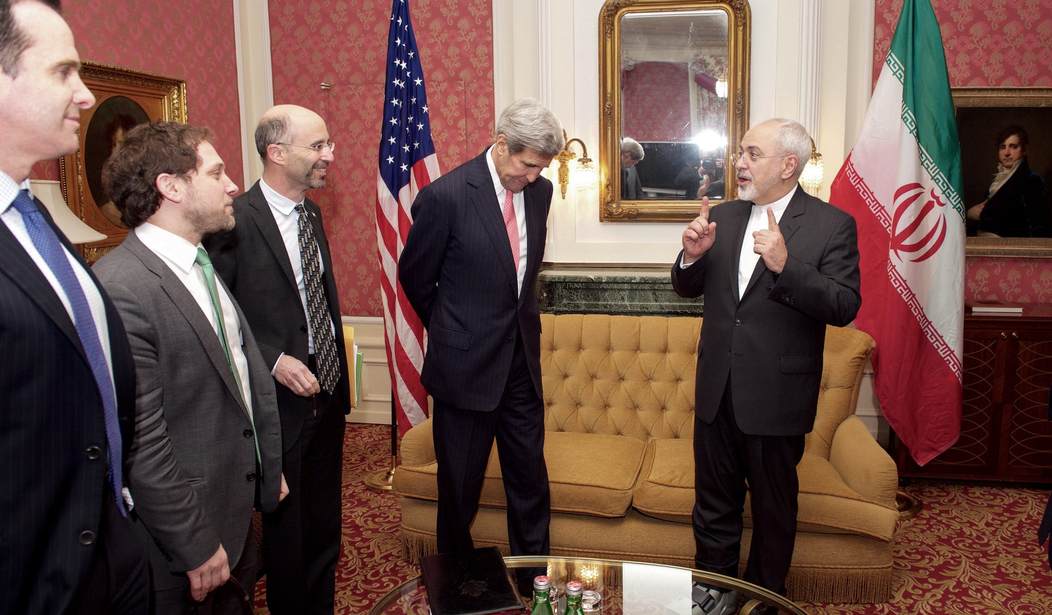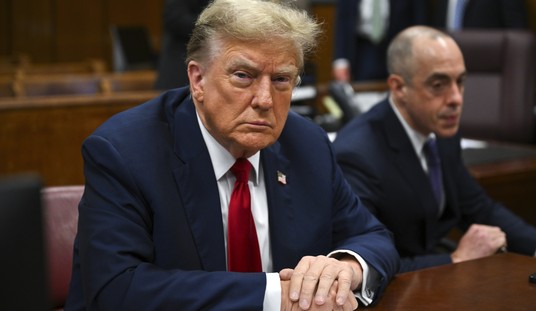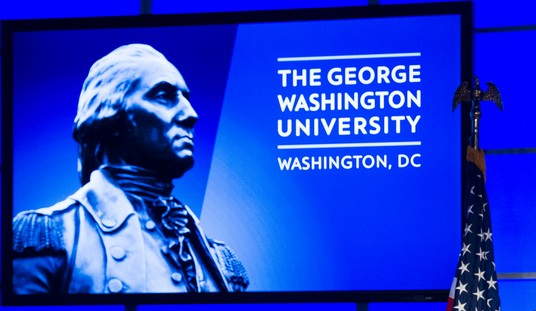The Obama administration is happily barreling toward the Iran nuclear deal’s Implementation Day, with Secretary of State John Kerry today hailing Tehran for fulfilling terms of “what was truly one of our most important accomplishments of 2015.”
Implementation Day will come when the International Atomic Energy Agency “verifies that Iran has completed all of these nuclear commitments, which increase Iran’s breakout time to obtain enough nuclear material for a weapon to one year, up from less than 90 days before the JCPOA.”
Before Christmas, parties to the agreement including Iran were predicting that Implementation Day could come in January.
Kerry said “one of the most significant steps Iran has taken toward fulfilling its commitments occurred today, when a ship departed Iran for Russia carrying over 25,000 pounds of low-enriched uranium materials.”
“The shipment today more than triples our previous 2-3 month breakout timeline for Iran to acquire enough weapons grade uranium for one weapon, and is an important piece of the technical equation that ensures an eventual breakout time of at least one year by Implementation Day,” he said.
“…The IAEA now must verify that Iran’s enriched uranium stockpile is 300 kg or less, as well as confirm that Iran has met all of its other key nuclear steps in the JCPOA before Implementation Day can occur. These steps include removing much of Iran’s uranium enrichment infrastructure, which we understand Iran is moving quickly to achieve. Iran also must remove and render inoperable the existing core of the Arak reactor, effectively cutting off Iran’s plutonium pathway to a nuclear weapon.”
Less than two weeks ago, the IAEA shut its file on the possible military dimensions of Iran’s nuclear program, sparking outrage among skeptics of the nuclear deal but praise from the Obama administration.
Kerry voiced confidence today in the IAEA’s future oversight of the nuclear deal, stating the agency’s “expanded monitoring” of Iran’s nuclear program “will also employ modern technologies, such as electronic seals, in these monitoring efforts and will have an increased number of inspectors on the ground in Iran.”
Kerry added that the U.S. is on track to repeal sanctions as promised “once we reach Implementation Day, as well as all of our other commitments under the deal.”
“Our team is working hard to be prepared for Implementation Day, and when that day comes, the lifting of nuclear-related sanctions per the JCPOA will take effect,” he said. “It is not the policy of the United States to prevent permissible business activities with Iran.”
Reporters at today’s State Department briefing asked spokesman Mark Toner about the line of Kerry’s statement about “permissible” activities.
“There’s some confusion, consternation expressed over the visa waiver program legislation and whether that would affect, you know, allowable, permissible travel — business travel to Iran because of the fact that, as was laid out in Secretary Kerry’s letter to Foreign Minister Zarif, that somehow that would dissuade business people from Europe travelling to Iran if they would somehow not be able to have visa-free, visa-waiver travel to the United States,” Toner explained.
Iran’s foreign ministry sees visa restrictions brought about by increased terror vigilance as a violation of the nuclear agreement — and has vowed to take reciprocal action against any U.S. actions it deems to be a breach of the deal.
“Any steps taken outside the agreement are unacceptable to Iran, and Iran will take its own steps in response where necessary,” Foreign Ministry spokesman Hossein Jaberi Ansari said in a news conference.
The new law will require citizens of 38 countries that currently enjoy visa waivers upon travel to the U.S. to apply for a visa if they have recently visited Iran, Iraq, Syria and Sudan or hold dual citizenship.
“We’ll implement the new legislation so as not to interfere with legitimate business interests of Iran, such as in those areas where sanctions will be lifted when Iran has met its JCPOA commitments,” Toner said, adding “we have a number of potential tools to ensure this new legislation does not unduly interfere with JCPOA’s implementation or legitimate business travel.”
Iran announced Sunday that joint work with Russia on new nuclear power plants would begin “as soon as possible” in 2016. Iran’s Revolutionary Guard Corps said separately that operational units “have been supplied with large numbers of Iran’s new precision-guided long-range ballistic missile.”
“When you think about the ways we’re trying to appease Iran, the administration has got to show some backbone here,” House Foreign Affairs Committee Chairman Ed Royce (R-Calif.) said last week, noting the administration’s efforts to appease the Islamic Republic over the visa waiver law while “in the last few weeks we’ve seen Iran in violation of the U.N. sanctions, launch another ballistic missile test.”
“This administration has got to learn to push back on Iran,” Royce added. “They are testing to see how far they go, and in this case it’s a threat to our homeland.”








Join the conversation as a VIP Member